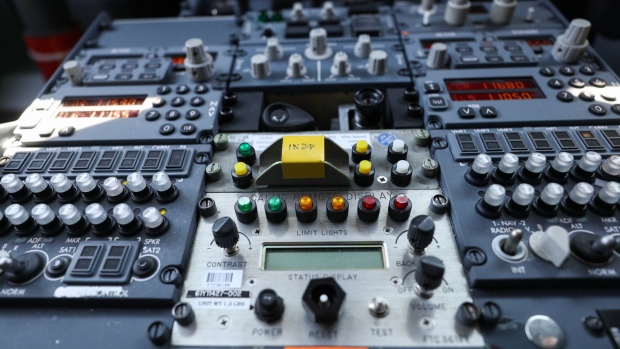Feb 2, 2022
FAA Seeks to Revamp Pilot Training in Wake of 737 Max Crashes
, Bloomberg News

(Bloomberg) -- U.S. aviation regulators on Wednesday proposed broad changes to airline training to make pilots more capable of handling the latest generation of automated jets in response to the twin crashes of the Boeing Co. 737 Max.
The proposal, which the agency calls “flightpath management,” is designed to help cockpit crews be more aware of how to monitor aircraft that are increasingly capable of flying themselves, the Federal Aviation Administration said in an emailed statement.
“Flightpath management is especially important in the operation of airplanes with highly automated systems,” the agency said. “Even when an airplane is on autopilot, the flight crew should always be aware of the aircraft’s flightpath so they can intervene if necessary.”
The crashes of the 737 Max off the coast of Indonesia in 2018 and in Ethiopia in 2019 killed 346 people and led to a 20-month worldwide grounding of the jet.
The accidents have been blamed primarily on a safety system that repeatedly pushed the planes into dives during a malfunction. But one of the themes of multiple reviews of the accidents is that pilots didn’t understand what was happening and might have saved their planes with better training.
An extensive set of aviation-safety measures included in legislation passed into law by Congress in late 2020 included several provisions requiring FAA to better train pilots on how to manage increasingly automated aircraft. A 2014 recommendation by the National Transportation Safety Board also called for similar training changes following a 2013 crash landing of an Asiana Airlines Inc. jet in San Francisco that killed three.
The aviation industry and the public will have 30 days to comment on the FAA’s proposal.
©2022 Bloomberg L.P.